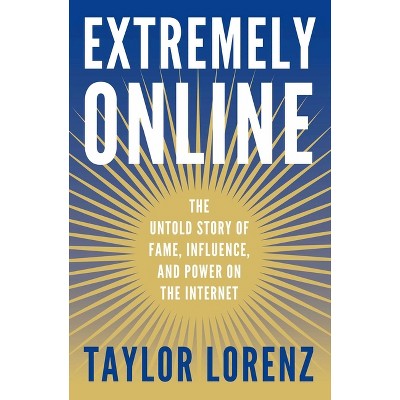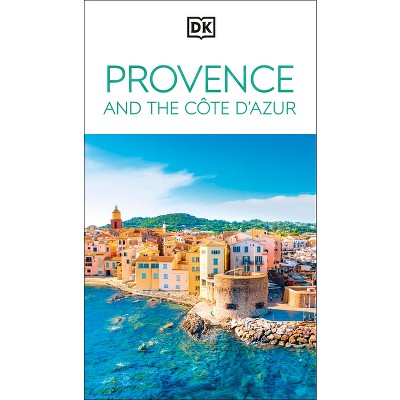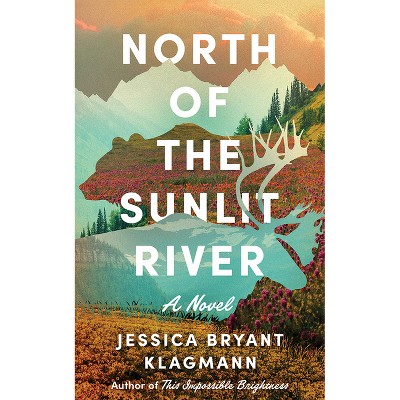Sponsored

Dark Allure of the Côte d'Azur - by Raymond Leslie Bryant (Hardcover)
In Stock
Sponsored
About this item
Highlights
- This is the first critical work on the history of the French Riviera from its origins in the eighteenth century to the present day in the English language.
- About the Author: Prof. Raymond Leslie Bryant, independent writer formerly based at King's College London, UK.
- 320 Pages
- History, Europe
Description
About the Book
This is the first critical work on the history of the French Riviera from its origins in the eighteenth century to the present day in the English language. It argues that multi-faceted power and violence informs the making of the Côte d'Azur in aBook Synopsis
This is the first critical work on the history of the French Riviera from its origins in the eighteenth century to the present day in the English language. It makes the argument that multi-faceted power and violence - war, murder, land dispossession and other privations targeted at the poor, imperialism and ecological degradation (land, sea, rivers and air) - has been integral to the making of the Côte d'Azur. Invariably, this has been downplayed in previous general histories that tend to focus on the personal lives and loves of famous outsiders. In effect, the complex general history of the place is rarely told. Bryant seeks to set that record straight in an innovative work crisscrossing the borders of European and imperial history, geography, politics and environmental studies that will be of interest to an array of scholars, students and general readers who wish to learn about how the planet's most famous coastal resort was made.
Review Quotes
"The interweaving of themes is a challenge in a book like this since questions are constantly posed about how much scope to give each one. The author navigates these problems with an easy and assured style that makes the book an enjoyable read. Coherence builds as each chapter adds further layers of understanding. The themes, relating to the establishment of the region as a leisure destination, the enormous wealth deployed to do so, the implications of this in terms of both the natural and the built environment, and the mutations it undergoes over time, are all dealt with in a clear and fluid way." - Jim Wolfreys, King's College London
About the Author
Prof. Raymond Leslie Bryant, independent writer formerly based at King's College London, UK.
Shipping details
Return details
Frequently bought together
Discover more options

















